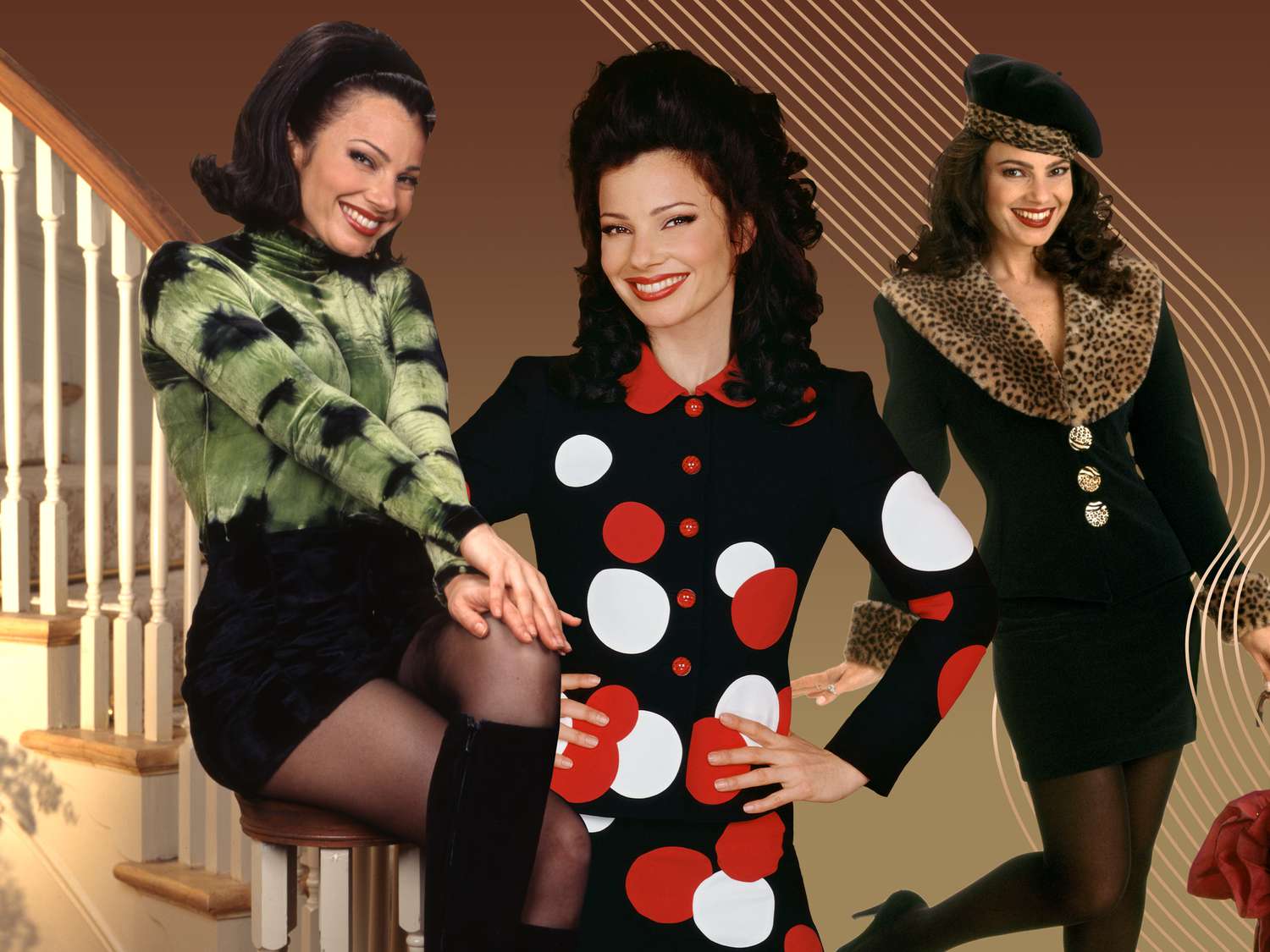
Fran’s Relationship Philosophy
Fran Drescher’s openness about her “rotation” of friends with benefits reflects a departure from conventional relationship models. She emphasizes the importance of personal fulfillment and autonomy, stating, “I’m Fran Drescher. What do you think?!” This assertive stance underscores her confidence in choosing a path that aligns with her desires and lifestyle.
The Evolution from Marriage to Friendship
Drescher’s journey includes a marriage to Peter Marc Jacobson from 1978 to 1999, who later came out as gay. Despite their divorce, they have maintained a close friendship. This evolution highlights the fluid nature of relationships and the potential for deep connections to transform rather than end.
Defining ‘Friends with Benefits’
The term “friends with benefits” refers to a relationship where individuals engage in consensual sexual activities without the commitments of a traditional romantic partnership. Drescher’s arrangement involves spending time together, sharing meals, engaging in conversations, and enjoying physical intimacy, all within a framework of mutual understanding and respect.
Societal Perceptions and Age
Drescher’s candidness challenges societal expectations regarding age and sexuality. By embracing her sexuality openly at 67, she confronts ageist stereotypes and advocates for the recognition of older adults as individuals with desires and the right to pursue happiness on their terms.
Balancing Personal and Professional Life
Managing personal relationships alongside a demanding career can be challenging. Drescher’s approach allows her to maintain meaningful connections without compromising her professional commitments. She notes that seeing her friends with benefits a couple of times a month is “more than enough,” highlighting the importance of balance and personal boundaries.
The Role of Communication in Casual Relationships
Effective communication is paramount in any relationship, especially in non-traditional arrangements. Drescher’s successful navigation of her relationships suggests a high level of openness and honesty, ensuring that all parties have aligned expectations and understandings.
Emotional Well-being and Casual Relationships
Engaging in casual relationships can have varied impacts on emotional well-being. For Drescher, these connections provide comfort, companionship, and physical intimacy without the complexities of traditional dating. This arrangement appears to contribute positively to her overall happiness and life satisfaction.
Challenges and Considerations
While Drescher’s experience is positive, it’s essential to acknowledge potential challenges in friends with benefits arrangements, such as emotional attachment, jealousy, and the need for clear boundaries. Individuals considering similar relationships should reflect on their emotional needs and communicate openly with their partners.
The Influence of Celebrity Perspectives
Celebrities like Fran Drescher can significantly influence public perceptions of relationships. Her openness may encourage others to explore and embrace relationship models that deviate from societal norms, fostering a more inclusive understanding of personal fulfillment.
Public Reaction and Media Coverage
Drescher’s revelations have garnered extensive media coverage and public discourse. Outlets like People and Page Six have highlighted her candidness, sparking conversations about age, sexuality, and the evolving nature of relationships in contemporary society.
Comparative Analysis with Other Public Figures
Other public figures have also shared their experiences with non-traditional relationships, contributing to a broader dialogue about personal choices and societal expectations. Comparing these narratives can provide deeper insights into the diversity of relationship models and the factors influencing individual decisions.
The Future of Relationships: Trends and Predictions
As societal attitudes continue to evolve, it’s likely that acceptance of diverse relationship models will increase. Drescher’s openness may be indicative of a broader trend toward valuing personal happiness and autonomy over adhering strictly to traditional norms.
Conclusion
Fran Drescher’s candid discussion about her “rotation” of friends with benefits offers a refreshing perspective on modern relationships. Her approach underscores the importance of personal choice, effective communication, and the pursuit of happiness, challenging societal norms and encouraging a more inclusive understanding of love and connection.
